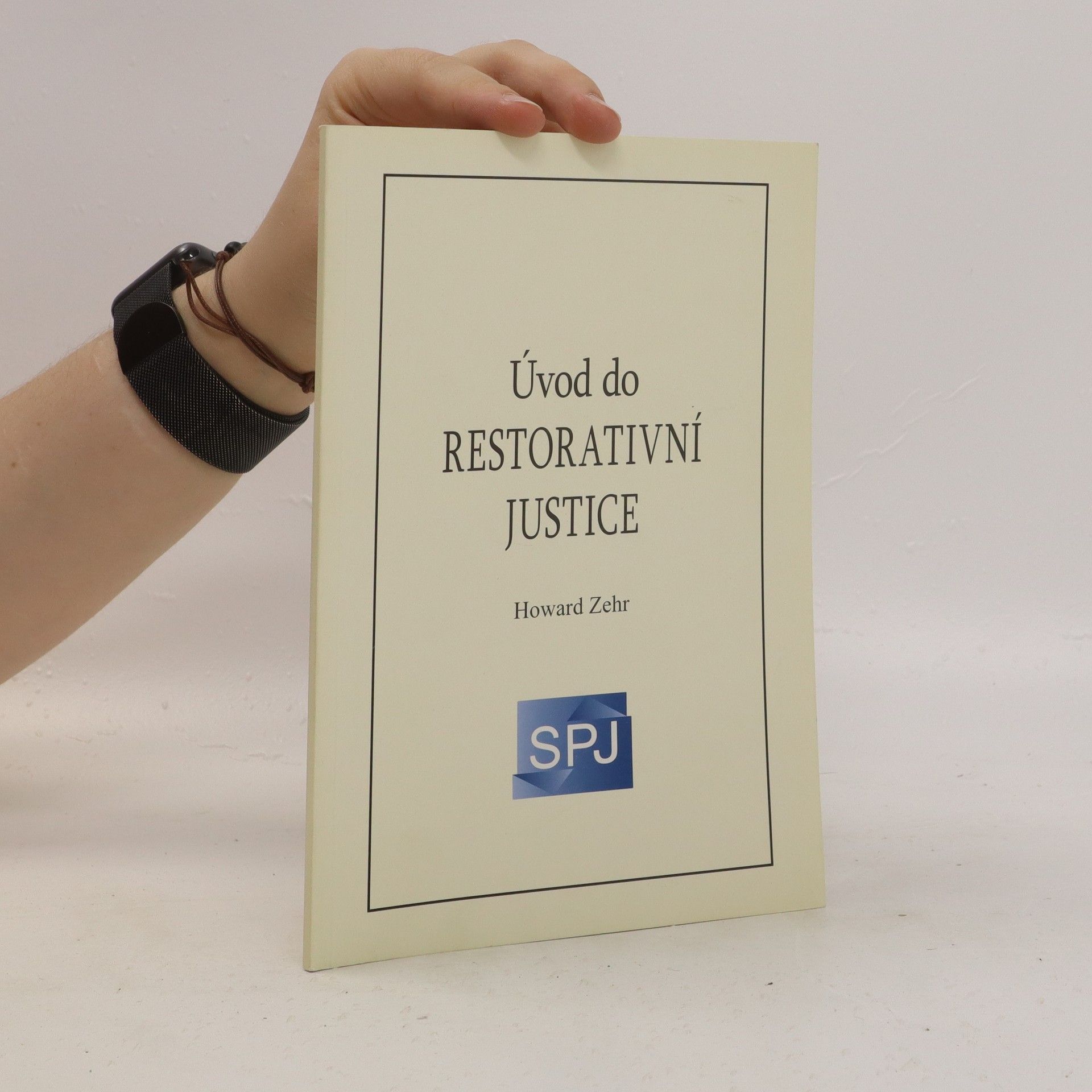Restorative Justice: Insights and Stories from My Journey
- 218 pages
- 8 hours of reading
Here, Howard Zehr offers his most complete view of Restorative Justice as an approach to all of life. Zehr made his initial contribution in the area of criminal justice by pointing out that victims are sidelined in the Western justice system. He emphasized, too, that society’s laws for handling crime have often resulted in increased violence, more prisons, and unresolved human cost. In this book he: • Distills his pioneering and influential work in Restorative Justice as a game-changer for the criminal justice system and conflict of all kinds. • Joins his RJ work with what he’s discovered in his additional career as a professional photographer and gatherer of people’s stories. • Demonstrates how RJ practices can extend to all of human interaction—through Respect, Relationships, and Responsibility, along with Humility and Wonder. • Shows how RJ can change our personal lives, as well as our communities. This collection of Zehr’s seminal thinking is approachable, convincing, and inspiring. A powerful guide to sustaining our life together.

